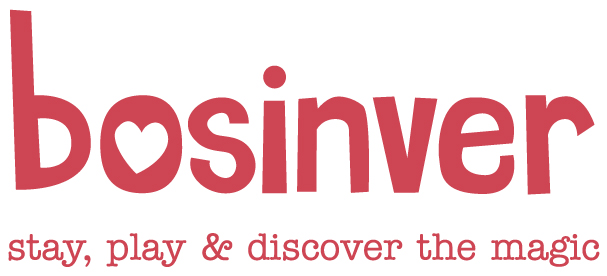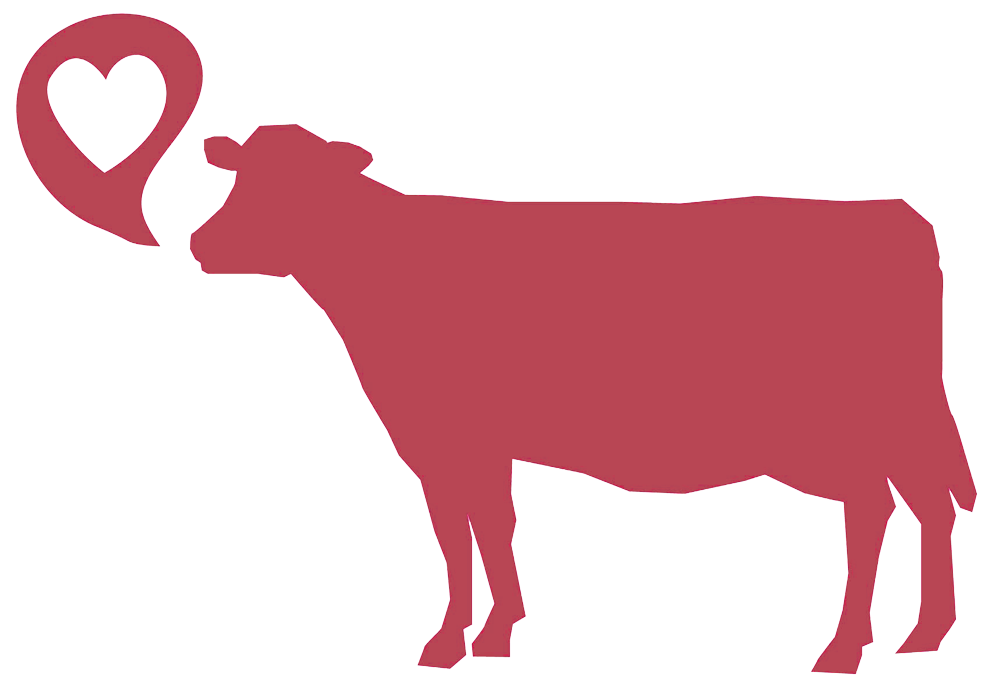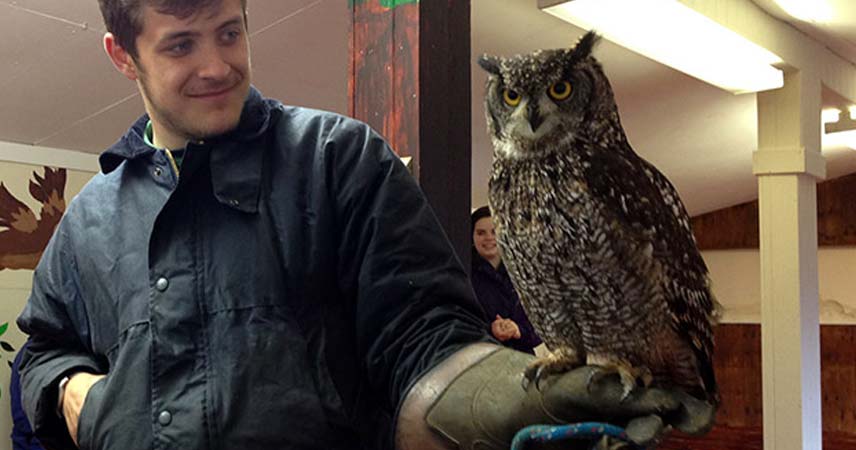We first discovered Beevive’s brilliant products last year when we collaborated on an Instagram reel to showcase their Nectar Keyrings. Since then, we’ve been buzzing to see what’s next! We caught up with Faye Whitley, co-founder of Beevive, to learn more about their latest innovations and how we can all do our bit to help bees this spring at Bosinver.
Are you planning on expanding your range?
Absolutely! We’ve recently designed a DIY Bee Hotel Kit for solitary bees, inspired by our passion for creating bee-friendly habitats. It’s a fun and educational activity for families, designed to be easy to assemble, the perfect size for solitary bees, and includes replaceable tubes so it genuinely works! We cut all the wood in-house, and every kit is hand-assembled and packed with love.
We saw you on Dragons’ Den! What was the experience like, and which Dragon is on board with Beevive?
It was an absolutely thrilling (and nerve-wracking!) experience. We were so grateful for the opportunity to share our passion for saving bees with a wider audience. Deborah Meaden gave us an incredible offer—not for investment, but for her mentorship and support, which was beyond what we could have hoped for. She has truly stuck by her word and continues to champion Beevive.
We’re starting to see bees around the farm! Which species are the most common at this time of year?
Spring is a wonderful time to start spotting bees! The first to emerge are the queen bumblebees, as well as honeybees, foraging for nectar. Soon after, solitary bees will begin to appear—males first—emerging from bee hotels as their life cycle begins again. If you’d like to learn more, check out our blog for more bee facts and tips!
How can we help bees around the farm this spring?
Great question! Here are a few simple ways to support our buzzing friends:
- Don’t mow in May – let wildflowers bloom and provide a much-needed nectar source.
- Install a bee hotel – get ready for the next generation of solitary bees to move in.
- Plant bee-friendly flowers – the more variety, the better!
Let’s spread the bee love together!
What should we do if we see a bee on the ground?
First, don’t panic! The bee could simply be resting. Look for a nearby flower—if one isn’t in reach or the bee isn’t approaching it, it may need a little energy boost. That’s where our Bee Revival Kit comes in handy! A tiny drop of sugar-water solution can help a tired bee get back on its feet.
Are your products stocked in any shops in Cornwall?
Yes! You can find Beevive products in some amazing independent stores across Cornwall, including The Eden Project, Lisa’s Lavender Crafts, PK Porthcurno, and The Lost Gardens of Heligan—and our list of wonderful stockists keeps growing!
And finally, do you have any amazing bee facts to share?
Here are a couple of our favourites:
- Not all bees make honey – Out of 276 species in the UK, only honeybees (and a few stingless bee species) produce honey in large amounts. Bumblebees and solitary bees don’t make honey at all!
- Not all bees can sting – Male bees don’t sting at all, and some species, like stingless bees, are completely harmless. Even stinging bees only use their sting as a last resort when they feel threatened.
If you’d love to learn more and be part of our buzzing community, visit beevive.com or follow us on social media @beevive_uk
Faye Whitley,
Co-founder of Beevive Ltd

















